As hurricane season brings high winds and flooding, the challenges related to power outages become more pronounced. These outages can profoundly affect everything from personal safety to living conditions. Back-up power solutions like generators and solar power systems are indispensable. They provide a critical safety net during hurricane-related power outages, making them a crucial consideration for homeowners in hurricane-prone areas.
Understanding the Impact of Hurricane Power Outages
Hurricane-induced power outages can disrupt everyday life, impacting individuals and families for days, weeks, or even longer. Without electricity, homes plunge into darkness once the sun sets, making it difficult to perform even simple tasks and increasing the risk of accidents. Electric stoves, microwaves, and other kitchen appliances become unusable, forcing households to rely on non-perishable food or alternative cooking methods. Refrigerators and freezers stop working, leading to the spoilage of perishable food items, which can result in food shortages and potential foodborne illnesses.
Loss of power means no air conditioning or heating, which can be particularly challenging in extreme weather conditions, leading to discomfort and health risks. Electric pumps that supply water to homes may fail, reducing access to clean water for drinking, cooking, and sanitation.
Power outages can turn off phone lines, internet connections, and cell towers, making it difficult for people to communicate with loved ones or receive essential updates from emergency services. Staying informed about the storm's progress and recovery efforts becomes more challenging without television, radio, or internet access.
Individuals who rely on electrically powered medical devices, such as oxygen concentrators or dialysis machines, are at serious risk without backup power. Some medications require refrigeration, and power outages can compromise their efficacy and safety. The lack of lighting and the use of alternative light sources, such as candles, can increase the risk of fires and other accidents.
Investing in generators or solar power systems with battery storage is essential to mitigate the impact of hurricane-related power outages on everyday life.
Types of Backup Power

Various backup power solutions are available, each with unique characteristics, advantages, and disadvantages. Here's a rundown of the most common types:
1. Portable Generators
Portable generators typically run on gasoline, diesel, or propane. They come in various sizes and capacities and can power multiple appliances and devices simultaneously.
Advantages:
- Flexibility: Can be moved and used in different locations as needed.
- Higher Power Output: Capable of running several high-demand appliances and systems.
Disadvantages:
- Fuel Dependency: Requires a constant supply of fuel, which can be challenging during emergencies.
- Noise and Emissions: Generally noisy and produce exhaust fumes, which can be hazardous if not used properly.
2. Solar Power Systems
A solar power system uses solar panels to convert sunlight into electricity. It’s often paired with battery storage systems to store excess energy during outages.
Advantages:
- Renewable Energy: Harnesses the sun's power, reducing reliance on fossil fuels.
- Low Operating Costs: Solar power systems have minimal operating costs once installed.
Disadvantages:
- Initial Cost: High upfront costs for installation and equipment.
- Weather Dependent: Efficiency can be reduced on cloudy days or extended periods without sunlight.
3. Portable Power Stations
Portable power stations have emerged as a versatile and convenient solution for providing backup power in various situations. These compact, rechargeable units are designed to supply electricity on the go, making them ideal for emergency preparedness, outdoor adventures, and more.
Power stations are typically powered by lithium-ion or lithium-iron phosphate (LiFePO4) batteries, which can be recharged using wall outlets, car chargers, or solar panels. They are equipped with various outlets, including AC, DC, USB, and even carports, to power various devices.
Advantages:
- Versatility: Power various devices, from smartphones and laptops to small appliances and medical equipment.
- Quiet Operation: Unlike traditional generators, portable power stations operate silently, making them suitable for indoor and noise-sensitive environments.
- Eco-Friendly: Produce no emissions, making them a cleaner alternative to fuel-powered generators.
Ease of Use: It is simple to operate, with plug-and-play functionality, and does not require fuel or complex setups.
Disadvantages:
- Lower Power Capacity: Compared to larger fuel-fired generators, they typically have lower power capacity, limiting their ability to run high-demand equipment for long periods. However, if used with solar panels, they can provide a steady power supply without restrictions.
- LiFePO4 batteries are often bulky and heavy.
Portable power stations are a game-changer in the field of backup power solutions. They offer a blend of convenience, versatility, and eco-friendliness that traditional generators can't match. With advancements in battery technology, like the development of solid-state batteries, the future of portable power stations looks even more promising. These innovations will likely lead to longer-lasting, safer, and more efficient power solutions, enhancing their role in emergency preparedness and everyday convenience.
Yoshino's innovation in solid-state battery technology places it at the forefront of the industry. As the market increasingly pursues safer and more efficient energy storage solutions, Yoshino continues to lead with cutting-edge products that set new standards for backup power. With a solid-state power station, you receive up to 2.5 times the energy density, which means more power in a compact, lighter unit. Yoshino power stations are up to 33% lighter than lithium-iron phosphate (LiFePO4) batteries, making them the perfect option for reliable portable power.
Choosing the Right Backup Power
Choosing the right backup power source is a crucial decision that can significantly impact your safety and comfort during power outages. By considering your family's needs, budget, and critical factors like power, capacity, and reliability, you can make an informed decision and feel empowered in your preparedness.
If you only need lighting and to keep your phone connected, we recommend Yoshino B330 and B660, which can meet 1-2 days of power demand. We strongly recommend using Yoshino SP100 portable solar panels together so you can recharge the energy storage battery from solar power during the day without worrying about running out of power three days later if the grid is not restored.
If you need to maintain water heating, cooking, and other living needs, we recommend Yoshino B2000 and B4000 and suggest using them together with three Yoshino SP200 panels.
Application of Backup Power

Backup power systems are not just a safety net but a source of relief and comfort during hurricane-related power outages. They ensure essential household lighting and communication, maintain food storage, and power medical equipment, significantly reducing the impact of power disruptions and providing a profound level of security in challenging and unexpected situations.
Additionally, a power station can maintain power to refrigerators and freezers to keep food at safe storage temperatures. It also provides cooking power when preparing meals for yourself and your family. Last but not least, power stations with larger capacities can be used as UPS that delivers continuous power for critical medical equipment such as oxygen concentrators, CPAP machines, and other life-supporting devices, ensuring the well-being of individuals who rely on medical equipment.
Backup Power Safety
Using backup power sources safely prevents accidents, injuries, and property damage. Always follow the operational and maintenance instructions provided by the manufacturer for your specific backup power source. Operate generators in well-ventilated areas to avoid carbon monoxide buildup. Never use a generator indoors or in enclosed spaces. Keep the area around your backup power source clean and free from combustible materials. Remove combustible waste daily and store it away from buildings to reduce fire risk. Protect your backup power sources from water. Ensure they are kept dry to prevent electrical hazards and equipment damage.
Choose safer backup power solutions. Be aware of the safety differences between various types of batteries. Conventional lithium and LFP batteries using liquid electrolytes can pose fire, leakage, or explosion risks. Safer alternatives like Yoshino, which uses solid-state lithium batteries, should be strongly considered. These batteries remove the harmful liquid electrolyte and replace it with a solid that remains stable under impact and extreme temperatures.
Never overload your backup power source. Check the power requirements of your devices and ensure the generator or battery can handle the load. Keep children and pets away from generators and power sources to prevent accidental injuries.
Backup Power Maintenance and Care
Proper maintenance and care for backup power are crucial to ensure reliability and longevity. Periodically inspect your backup power source for any signs of wear, damage, or leaks. Check cables, connections, and the overall condition of the unit. Ensure the area around your backup power source is clean and free from dust, debris, and combustible materials. This helps prevent fire hazards and ensures proper ventilation.
Check the charge levels regularly. Recharge the batteries as needed to maintain optimal performance. Follow the manufacturer's guidelines for battery care, including proper storage and handling.
Keep the firmware and software updated for advanced backup power systems with digital controls. This ensures you have the latest features and security enhancements.
Conclusion
Backup power is crucial during hurricane-related power outages, providing essential support for maintaining safety, communication, and comfort. Portable power stations and generators offer a practical solution to keep critical devices and appliances running when the primary power grid fails. Ensuring you have a reliable backup power supply can protect your family from the disruptions and dangers of extended power outages. Yoshino power stations provide a safe and more portable option equipped with the next-generation solid-state battery technology, bringing the next level of experience. Stay prepared this hurricane season and experience peace of mind with Yoshino's products.

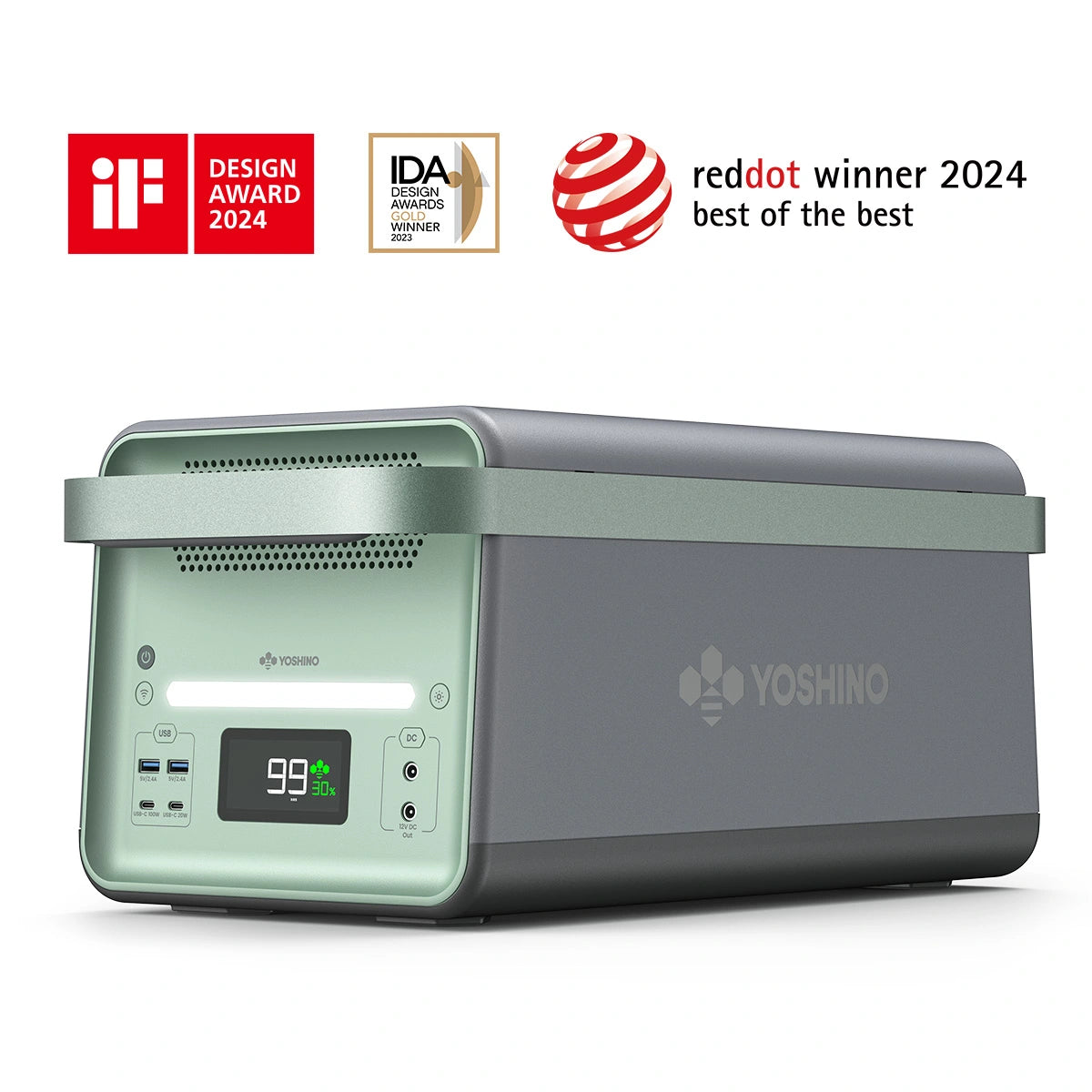
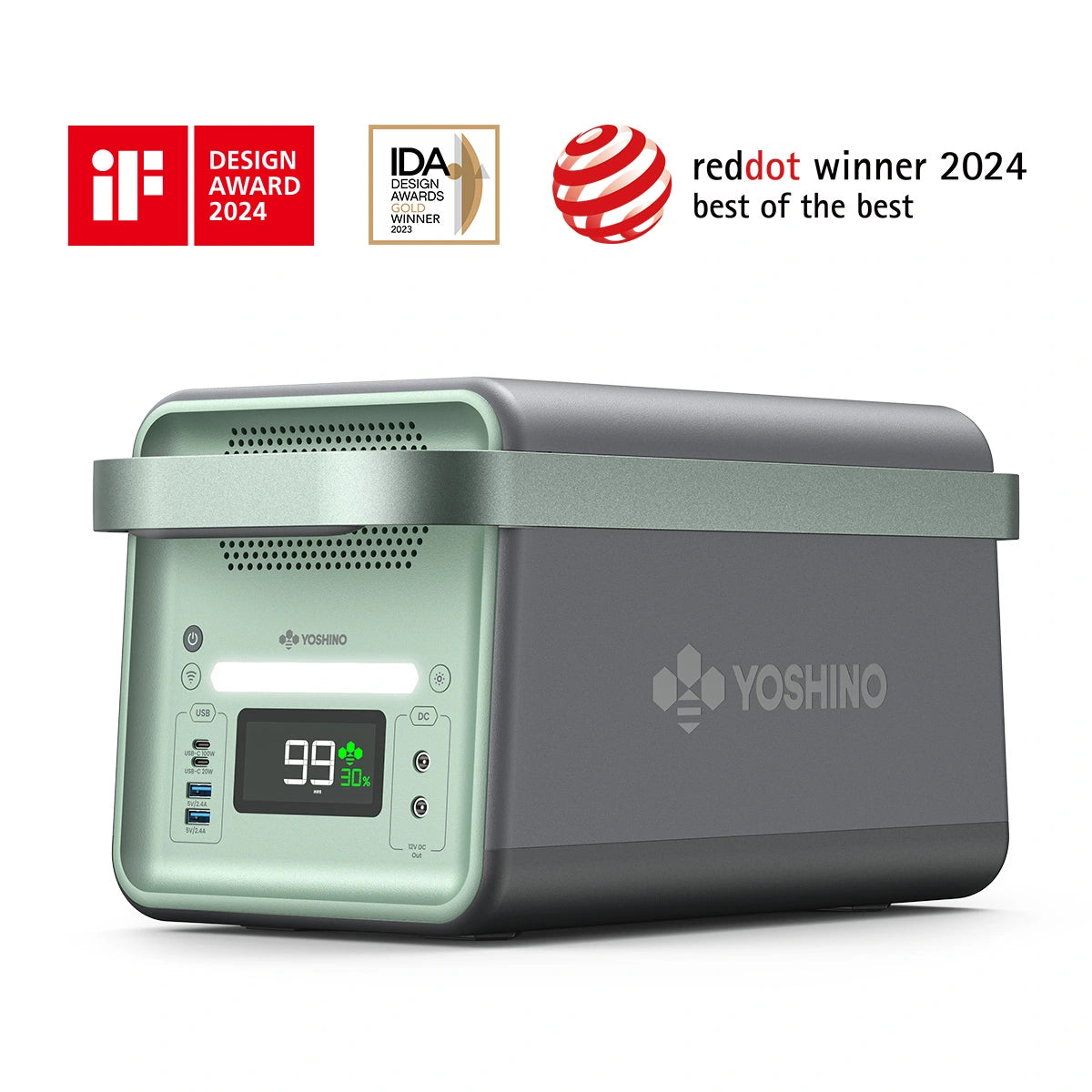
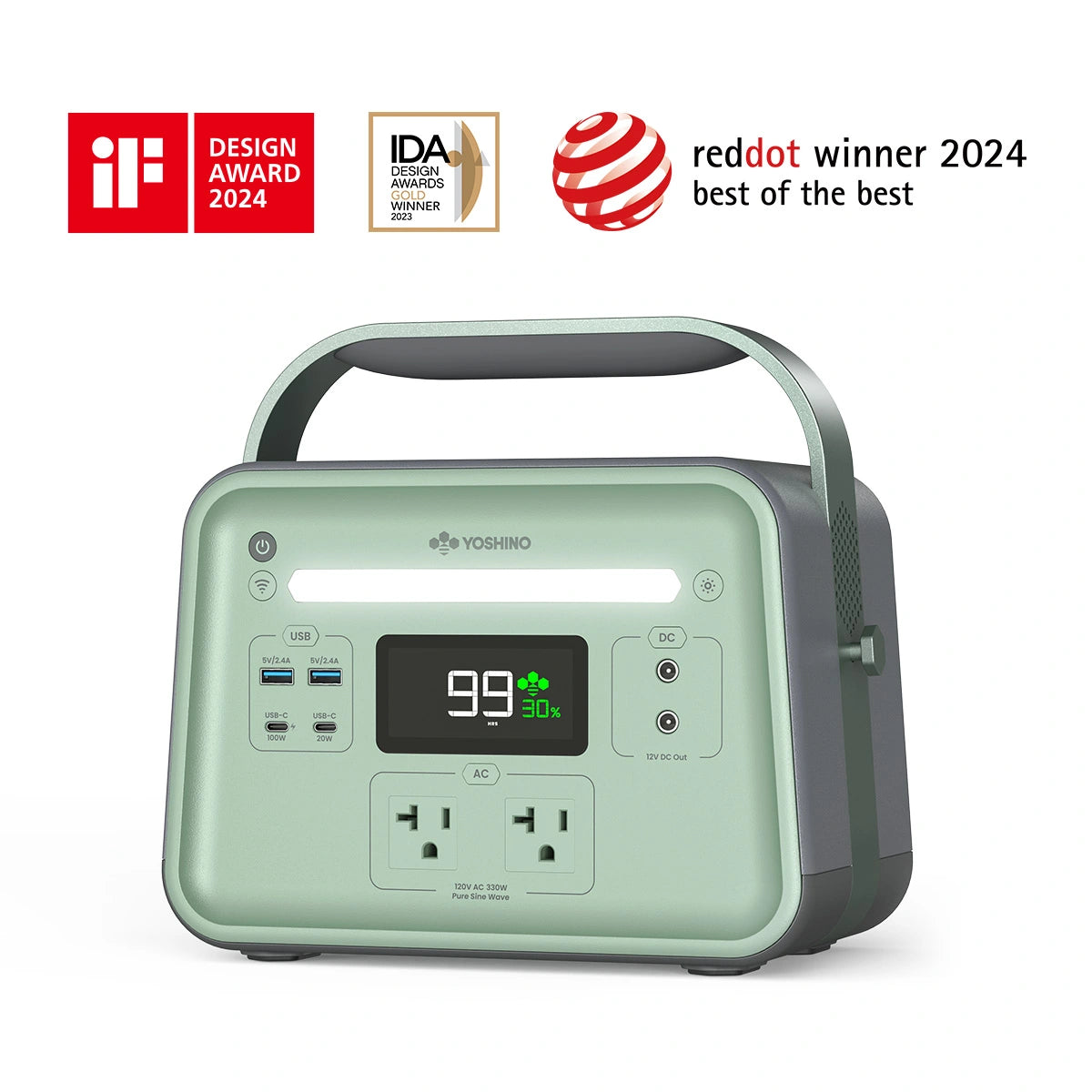
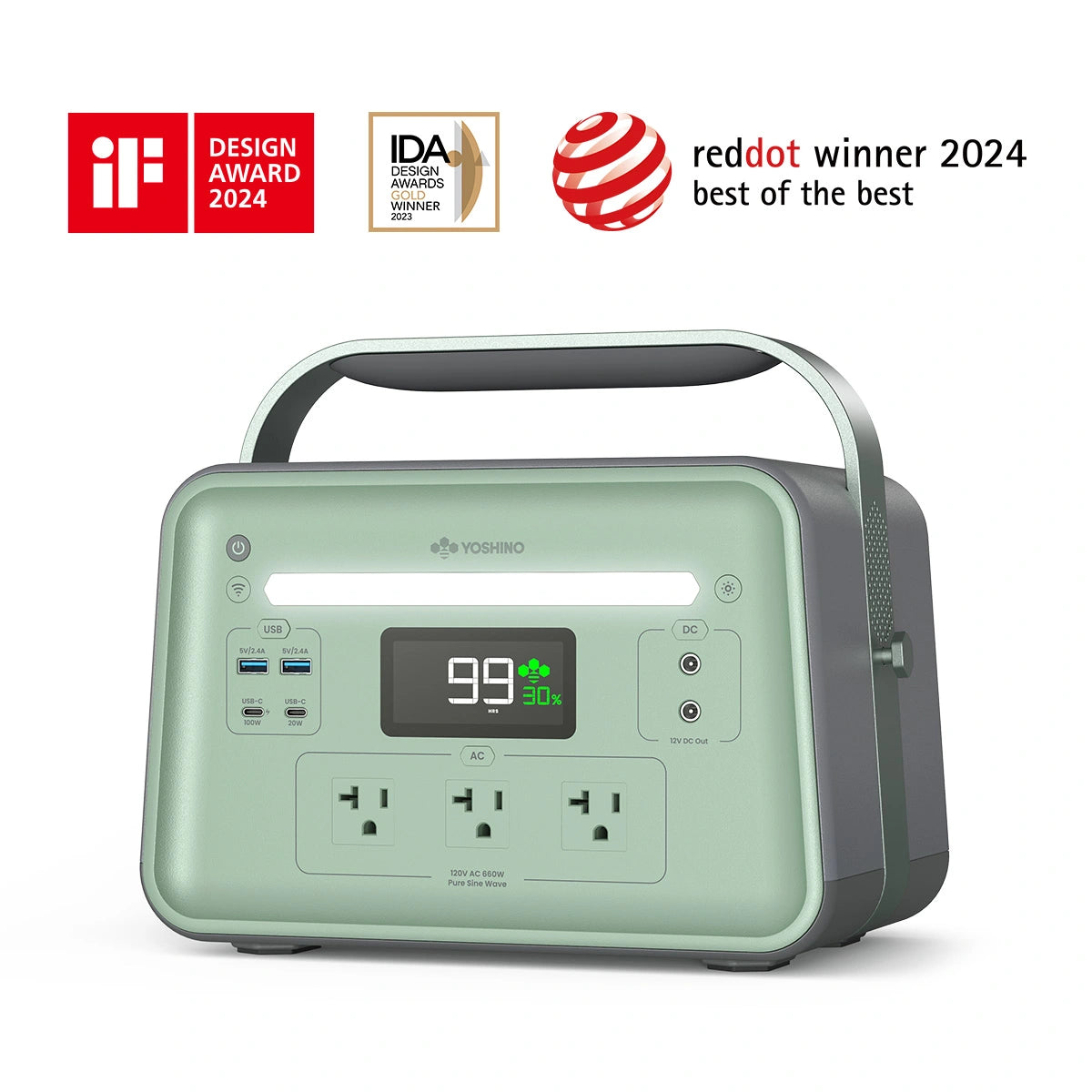
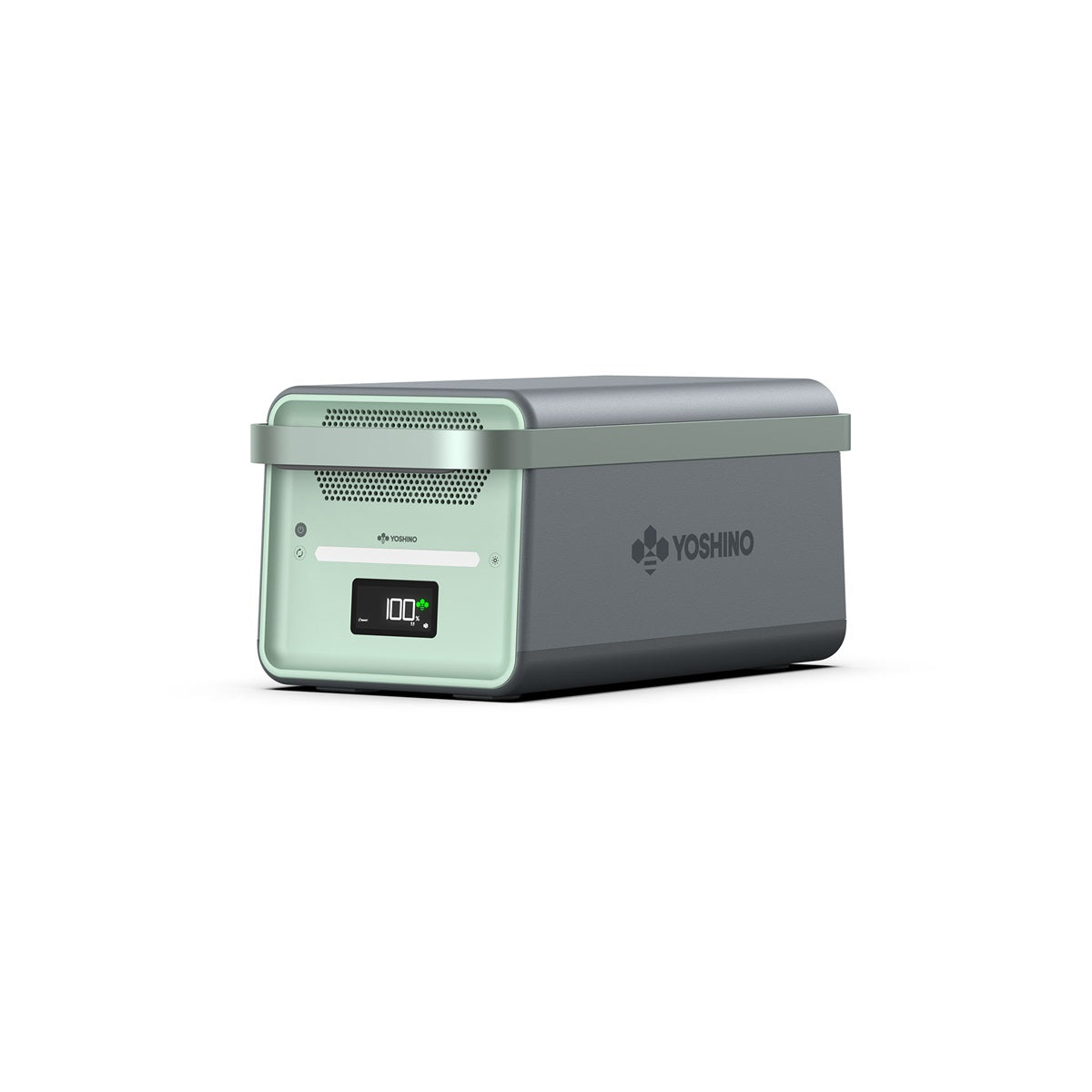
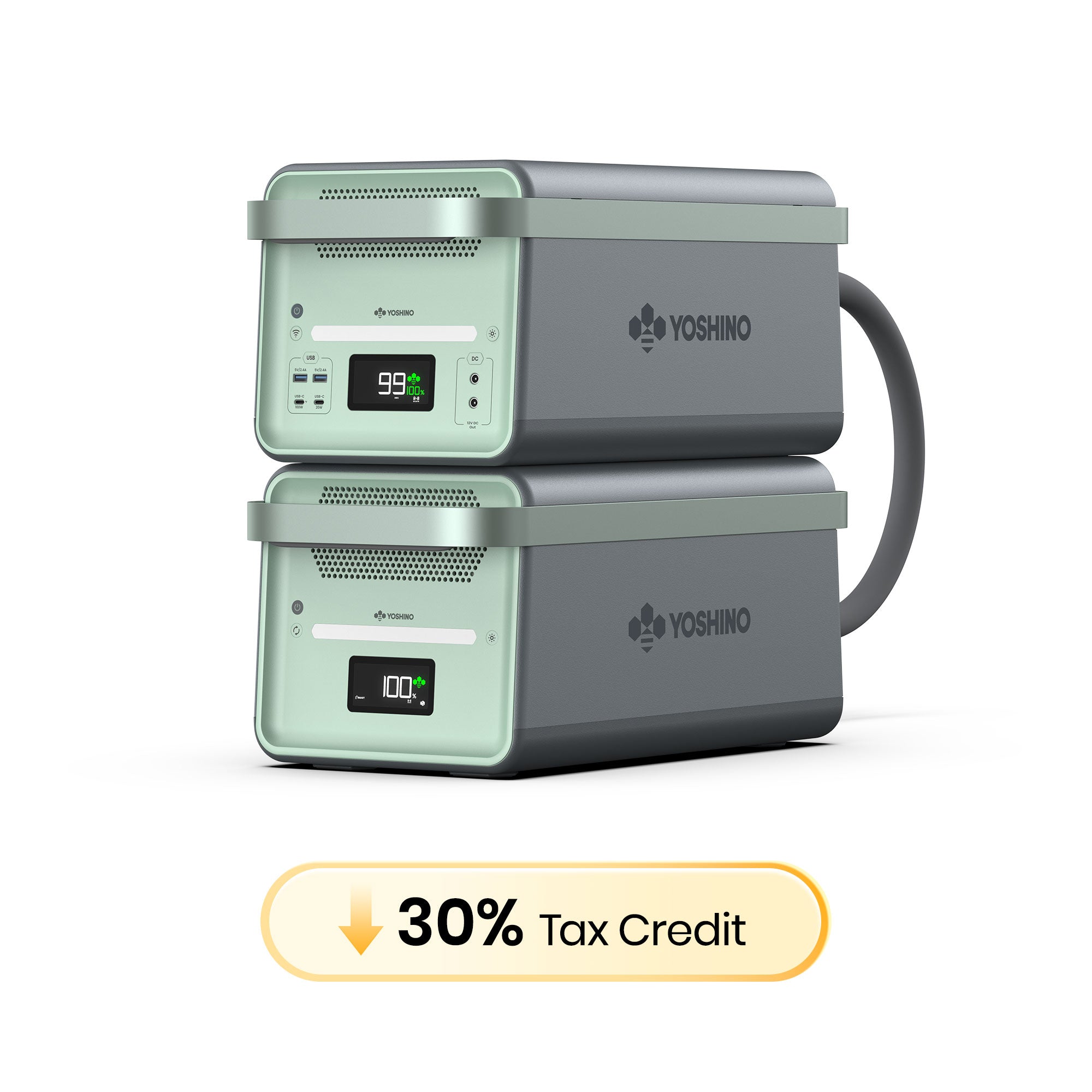
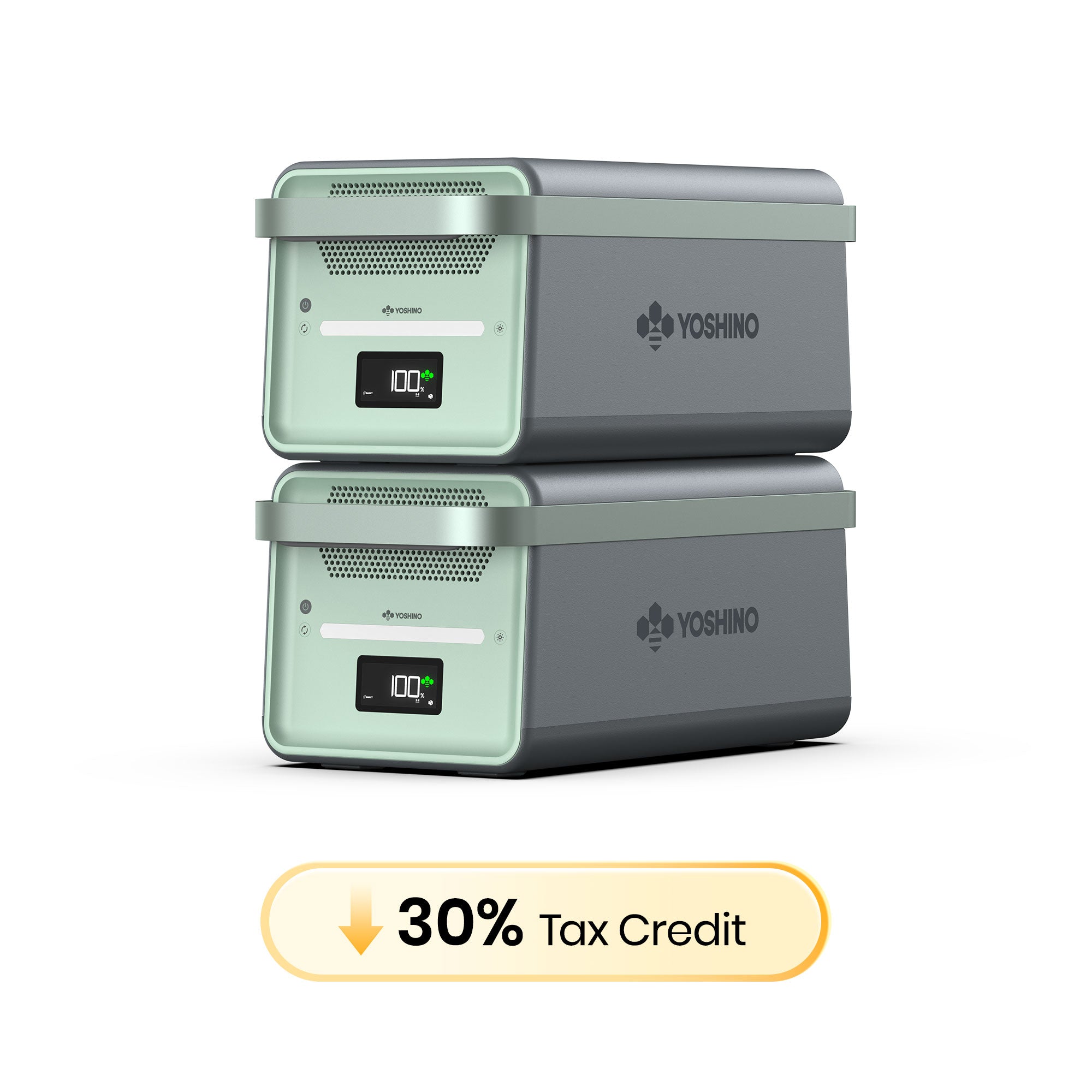
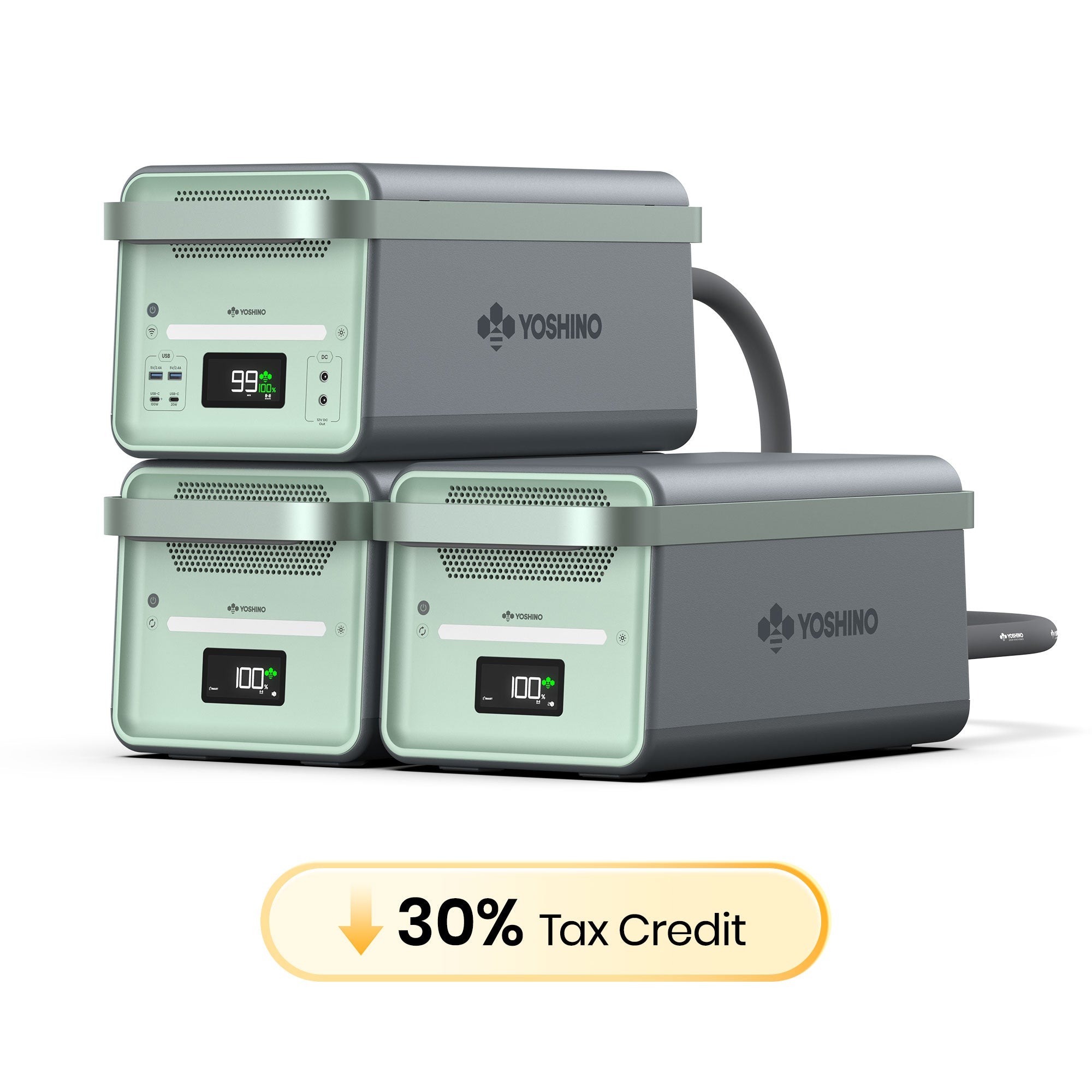
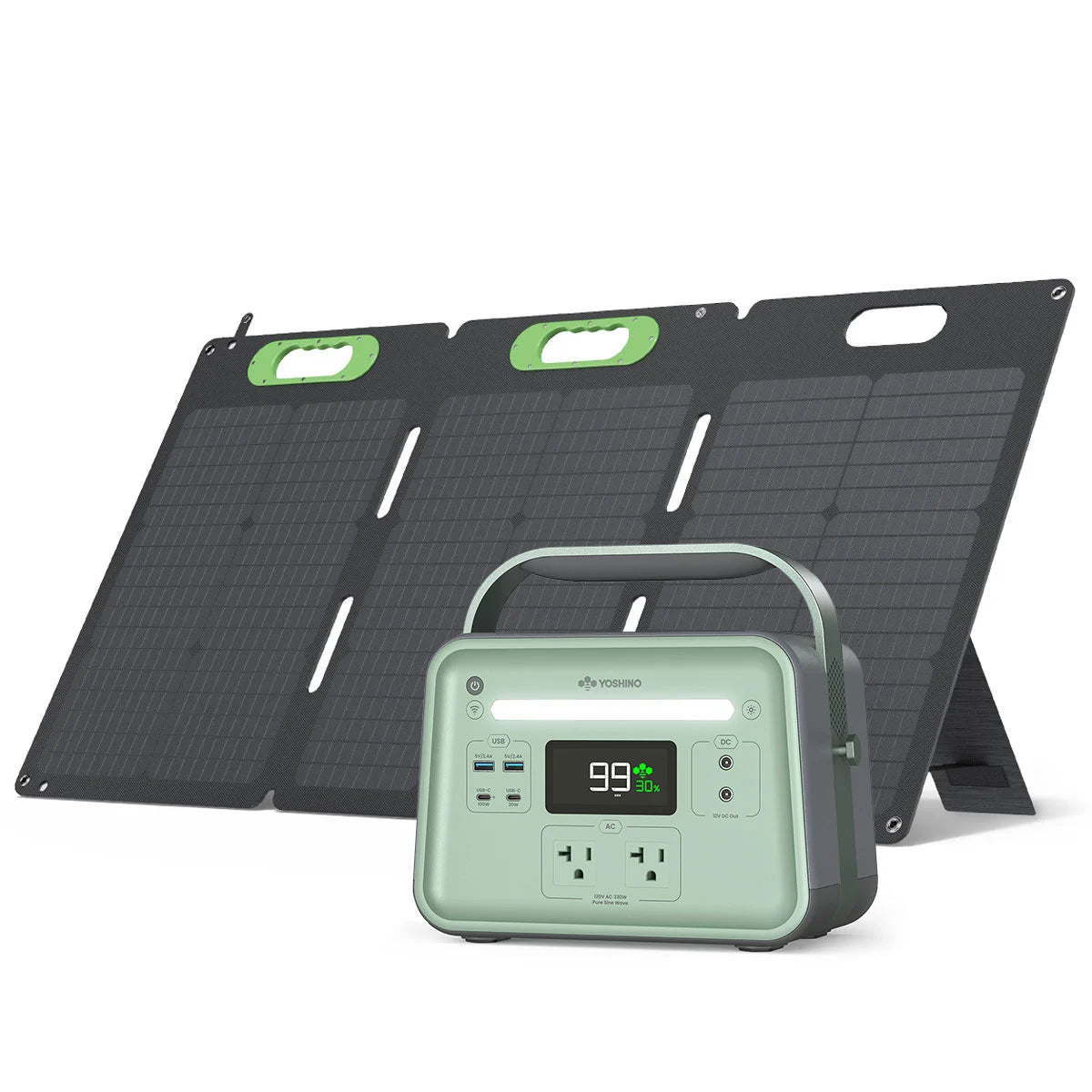
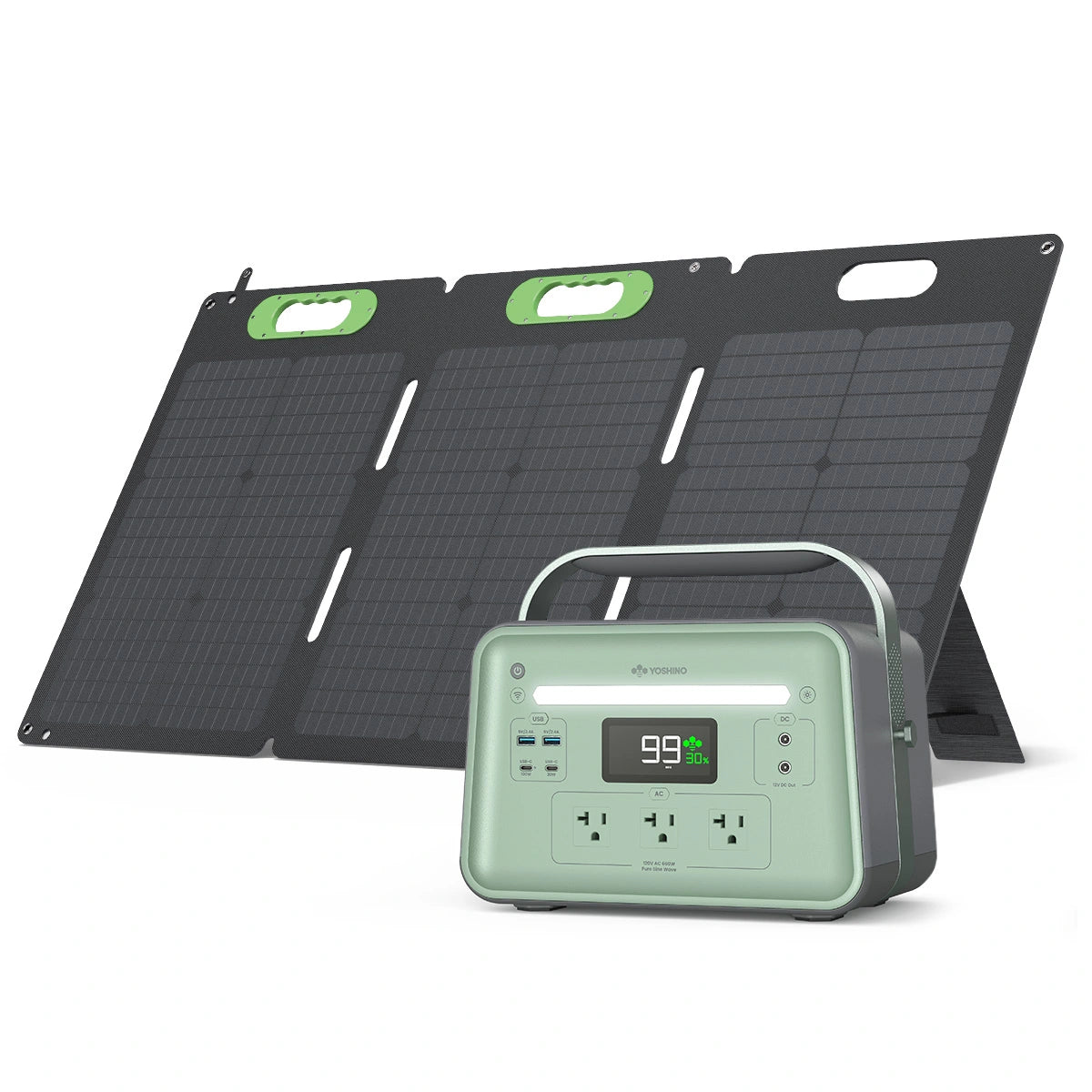
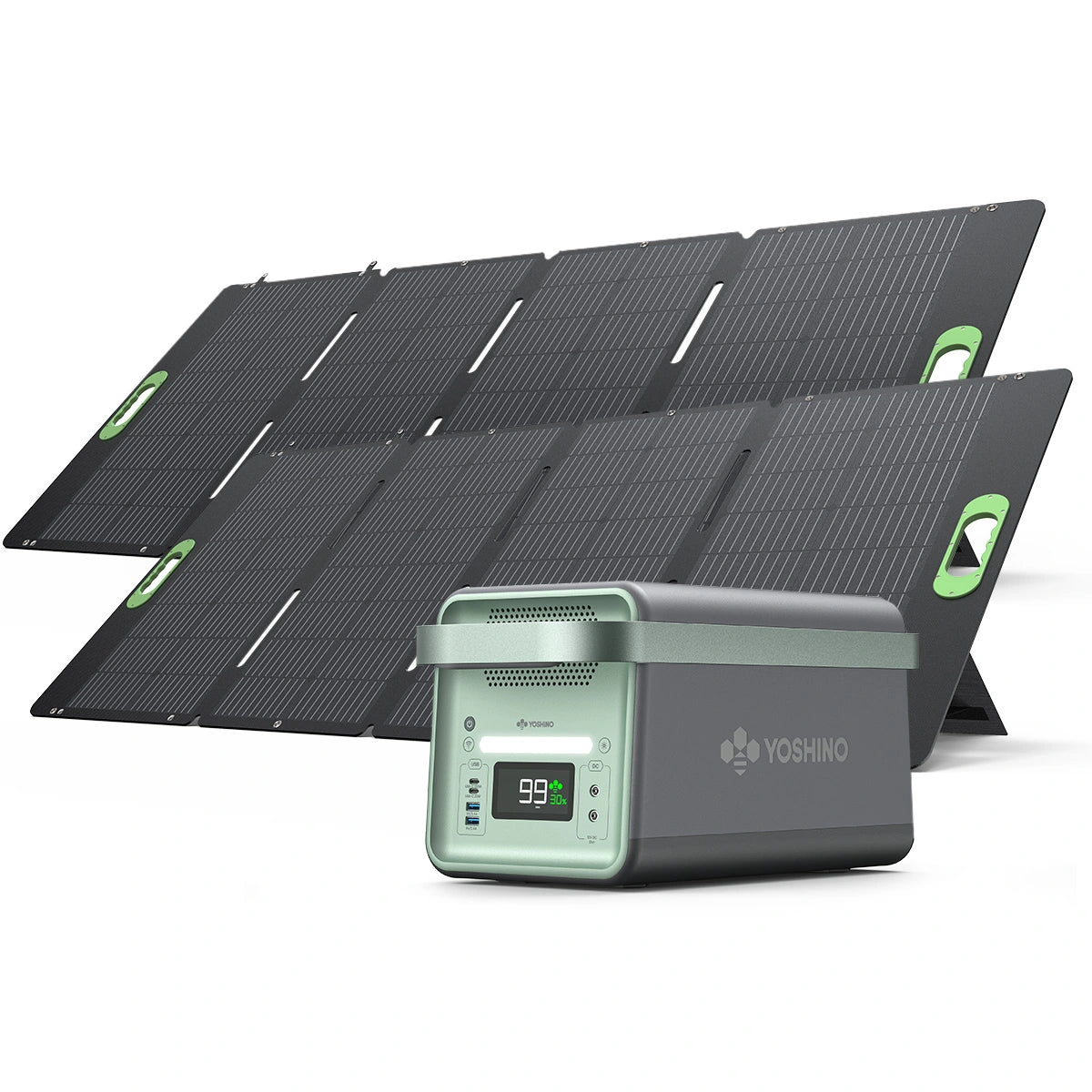
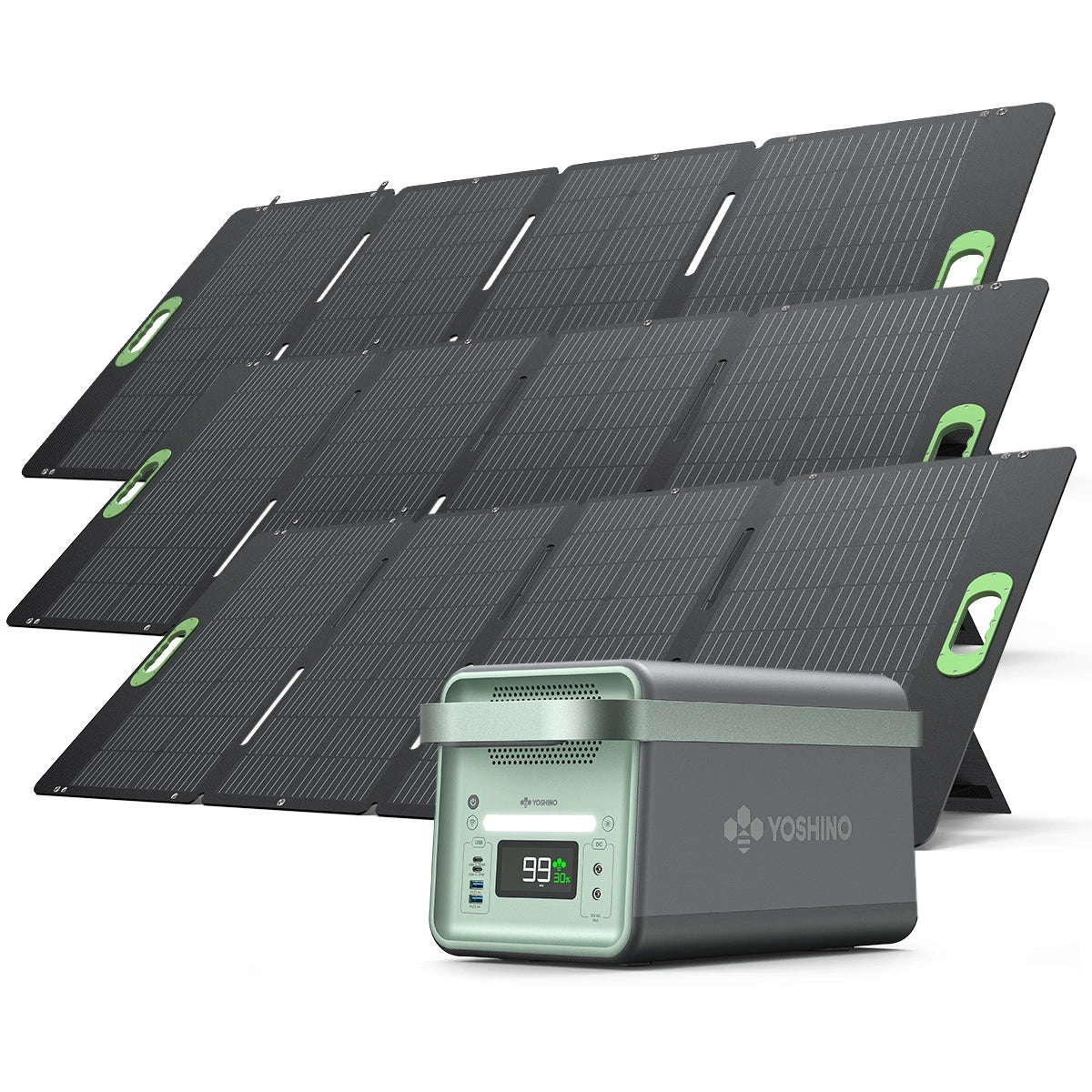
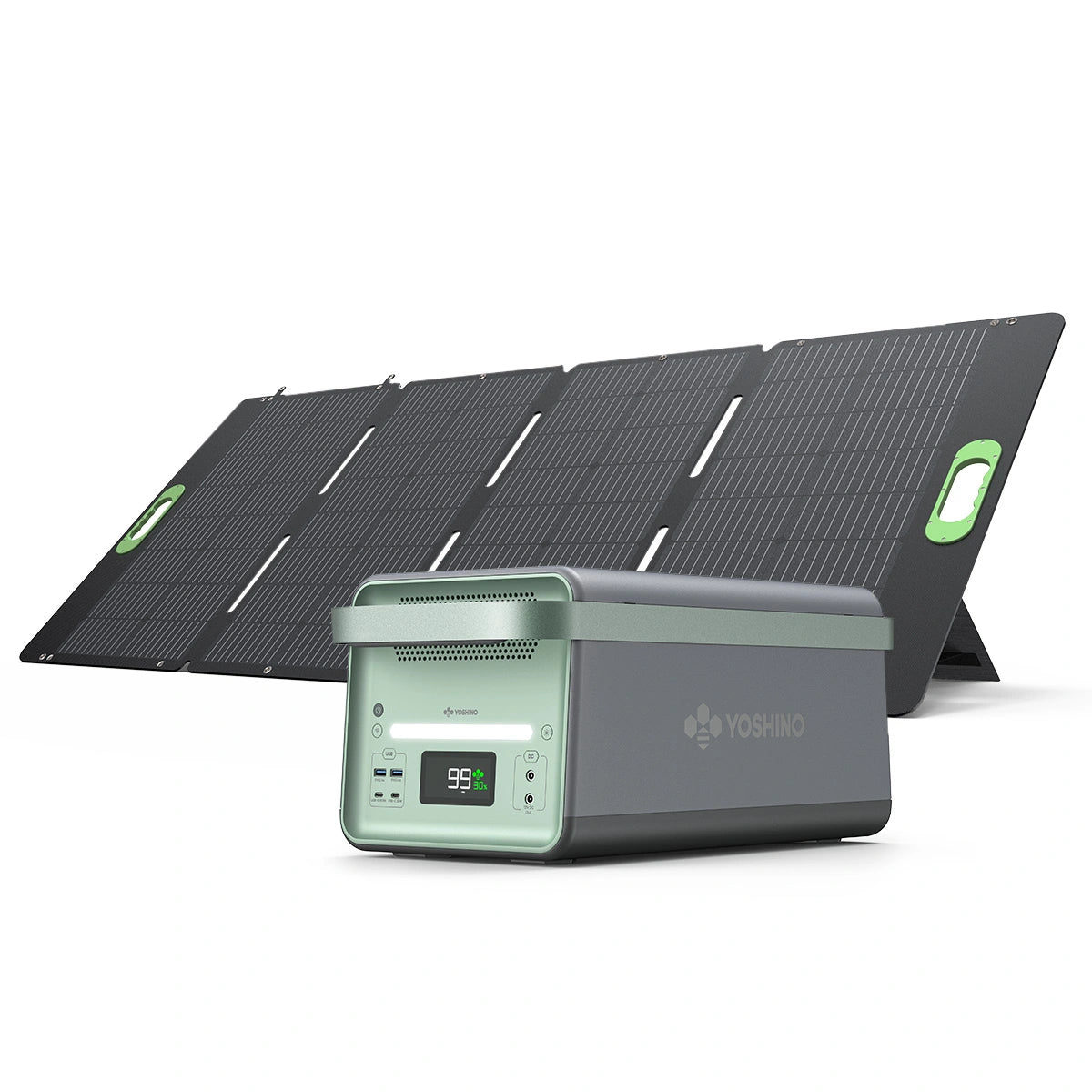
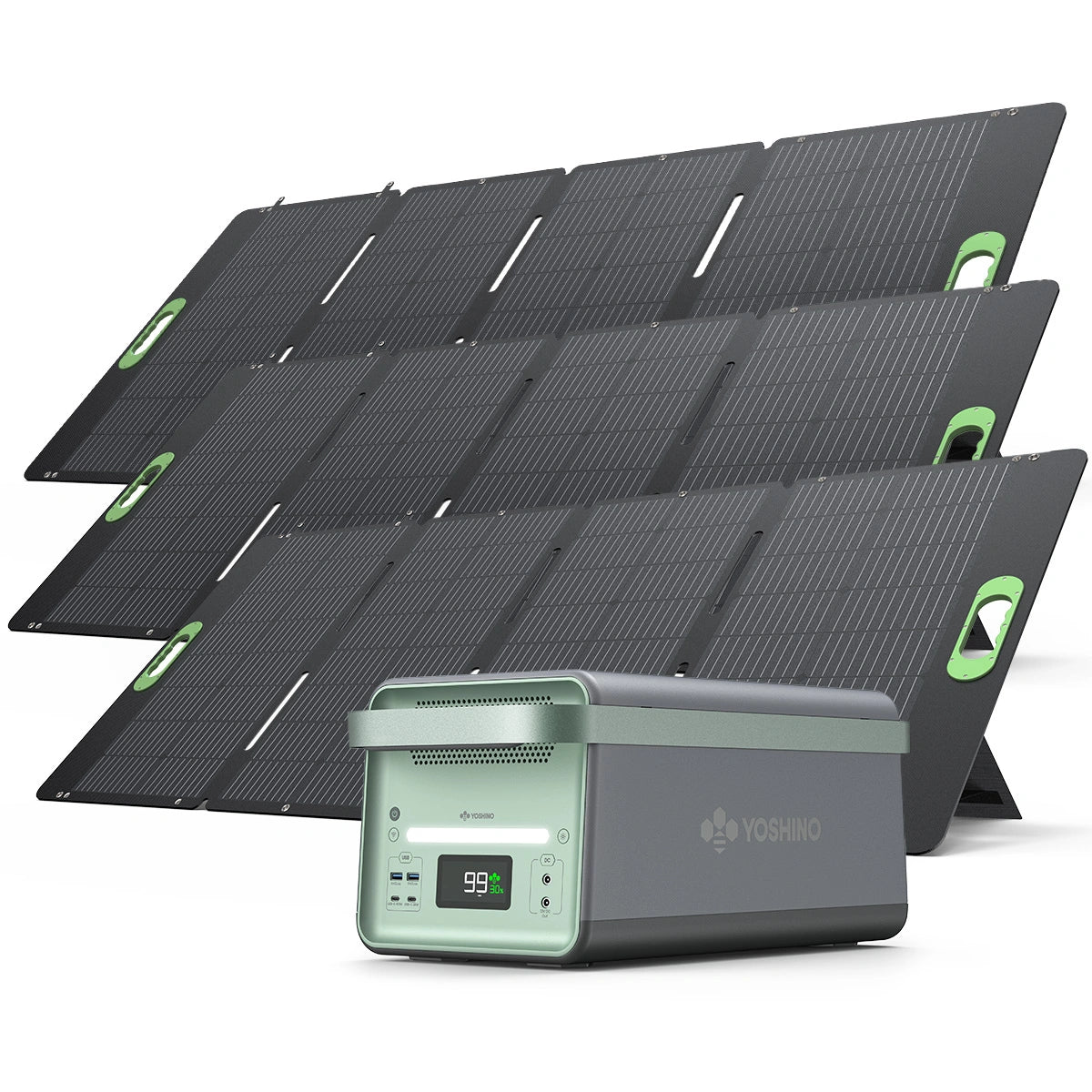
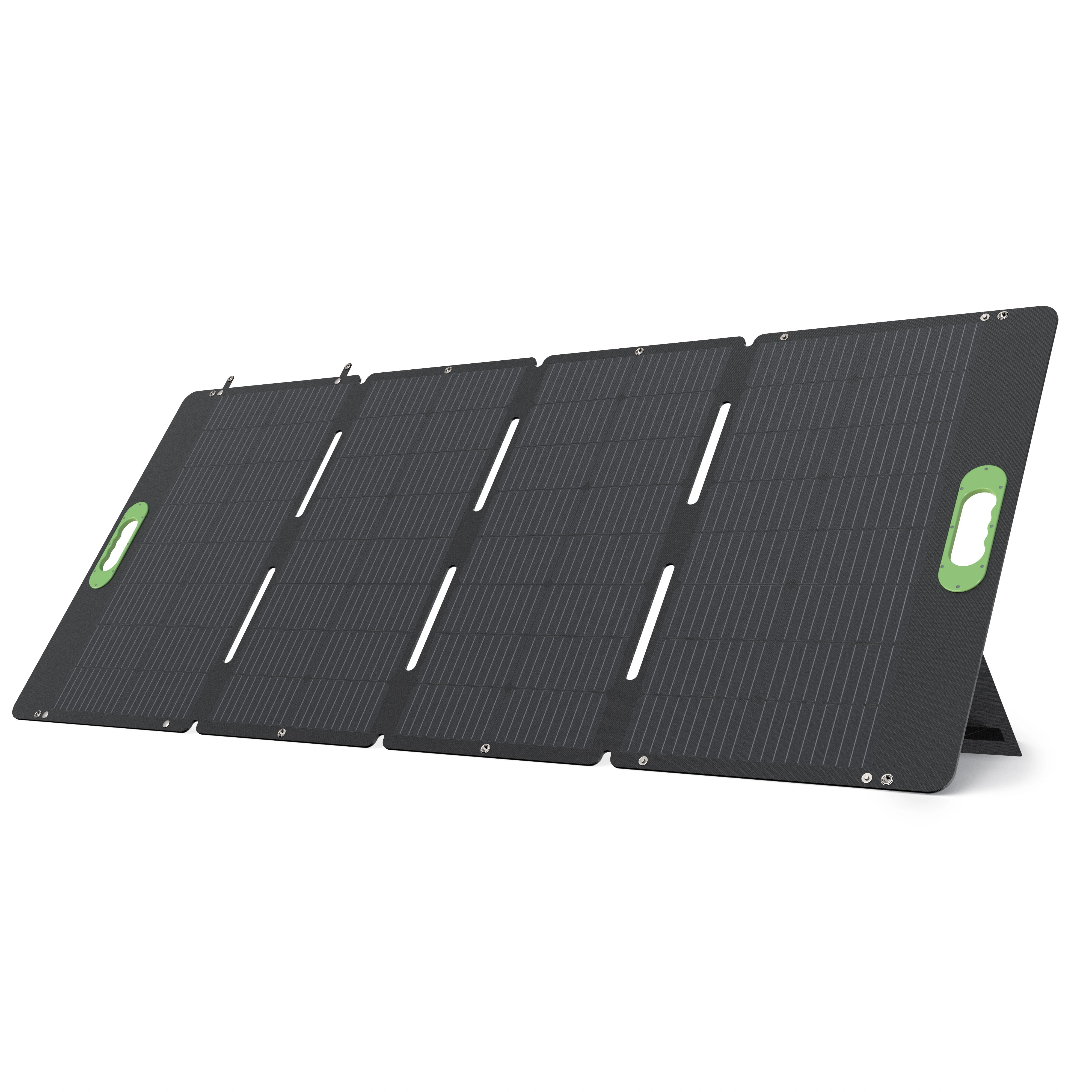
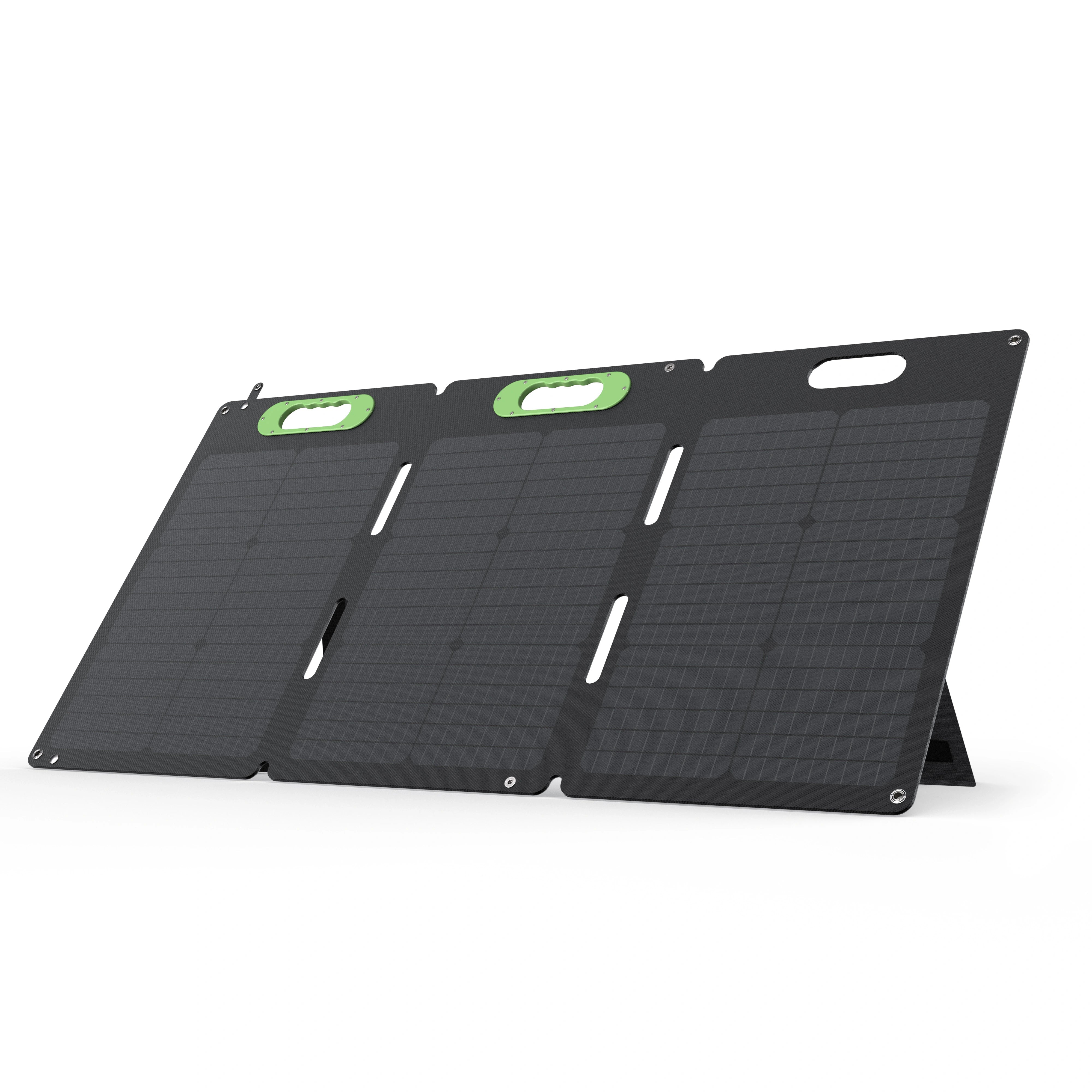

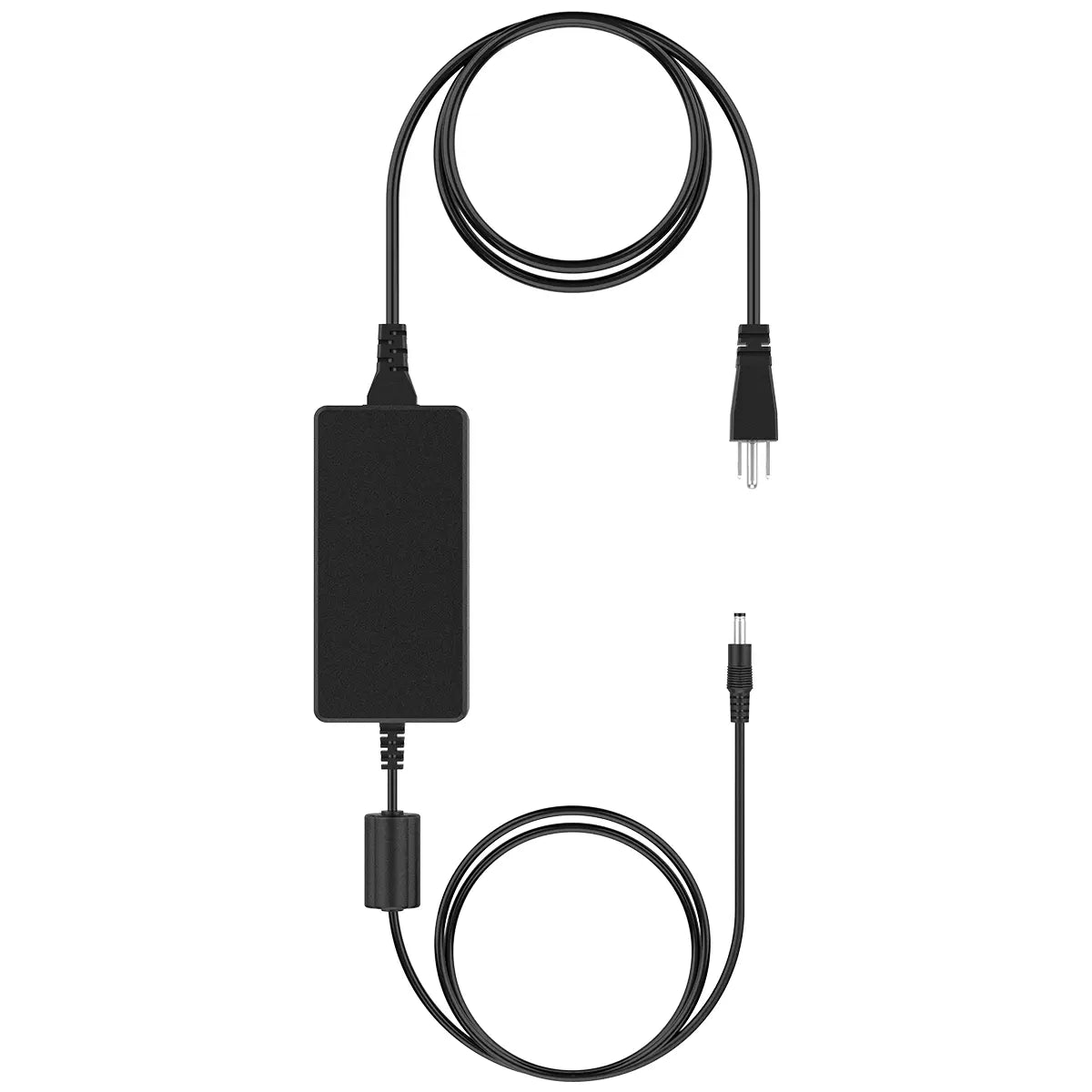
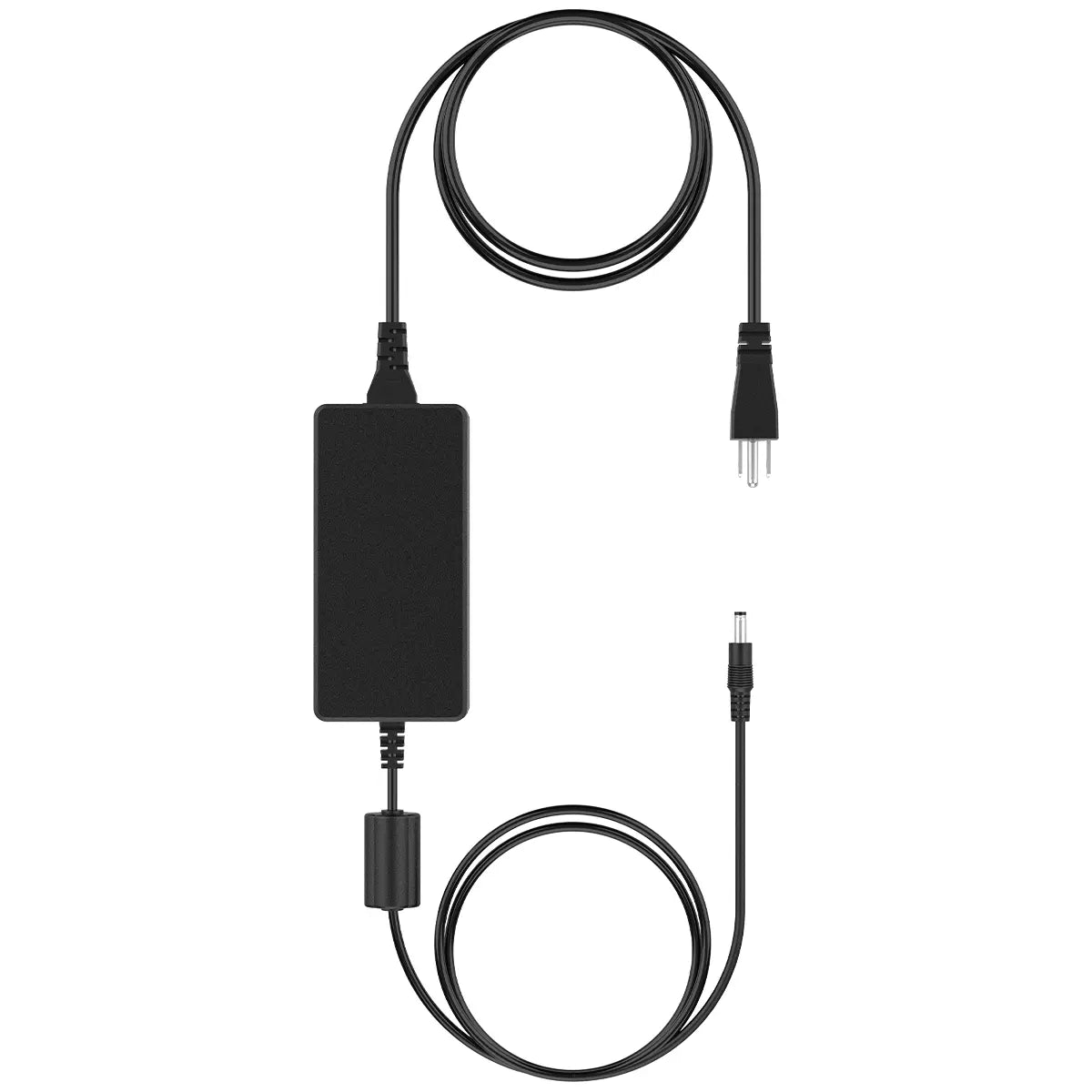
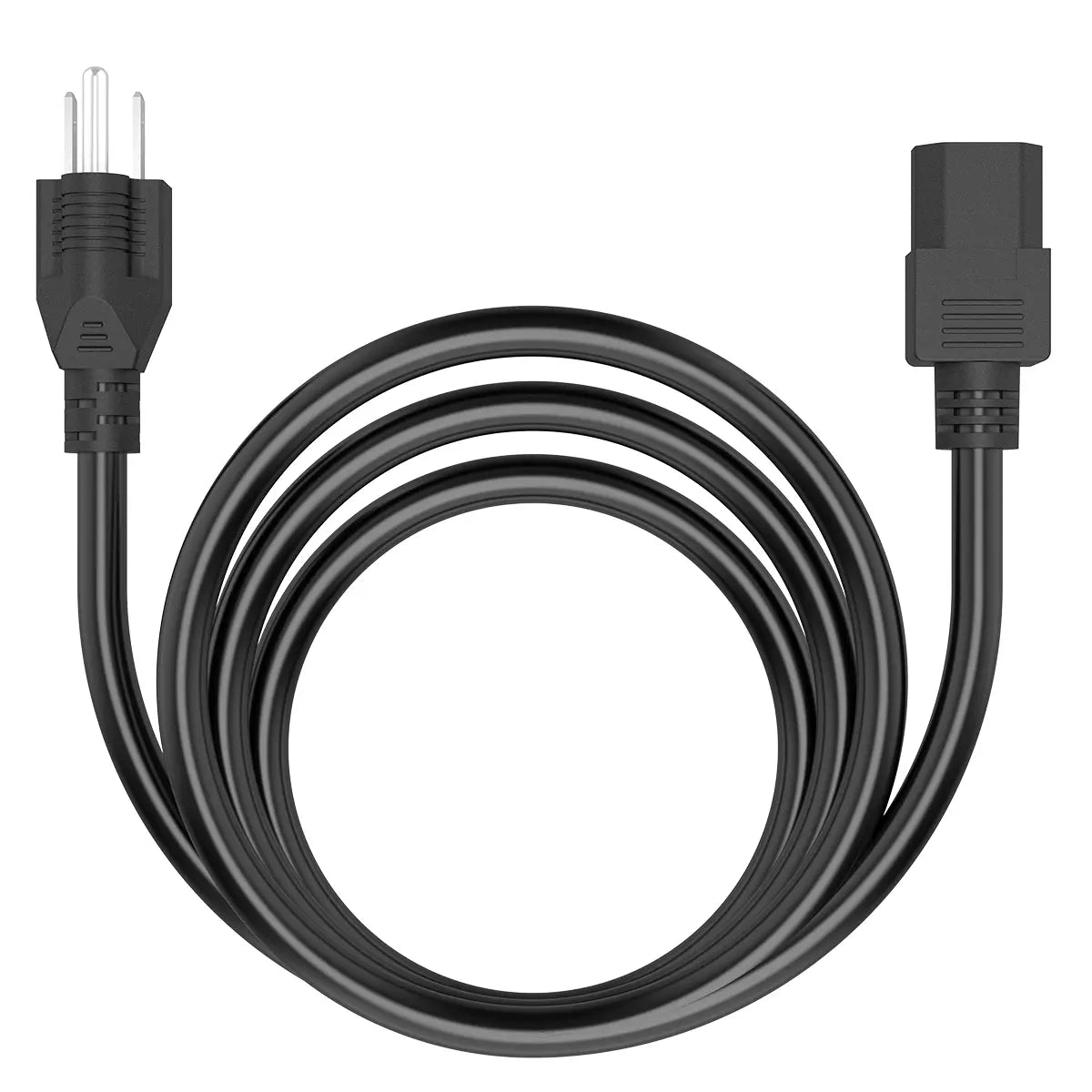
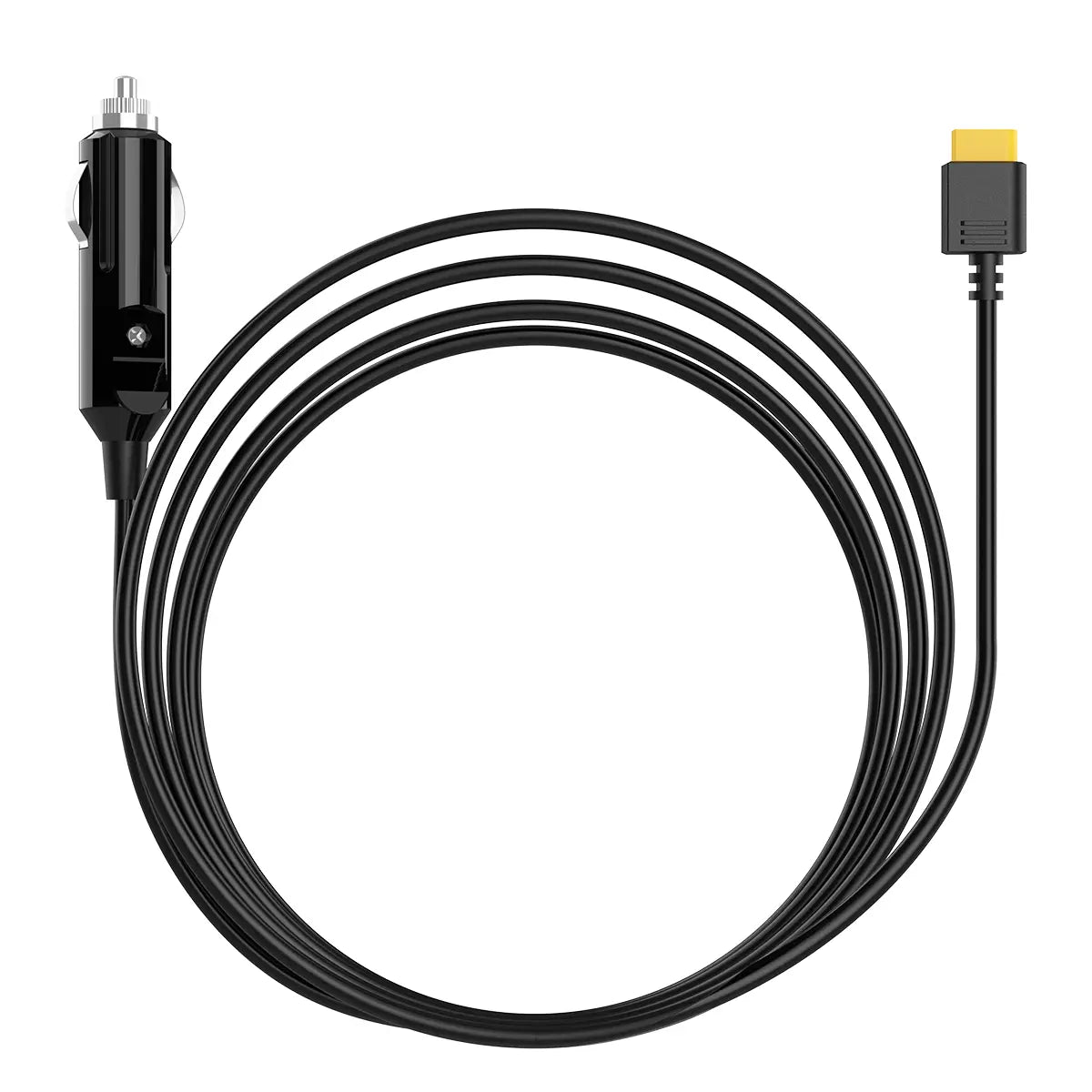
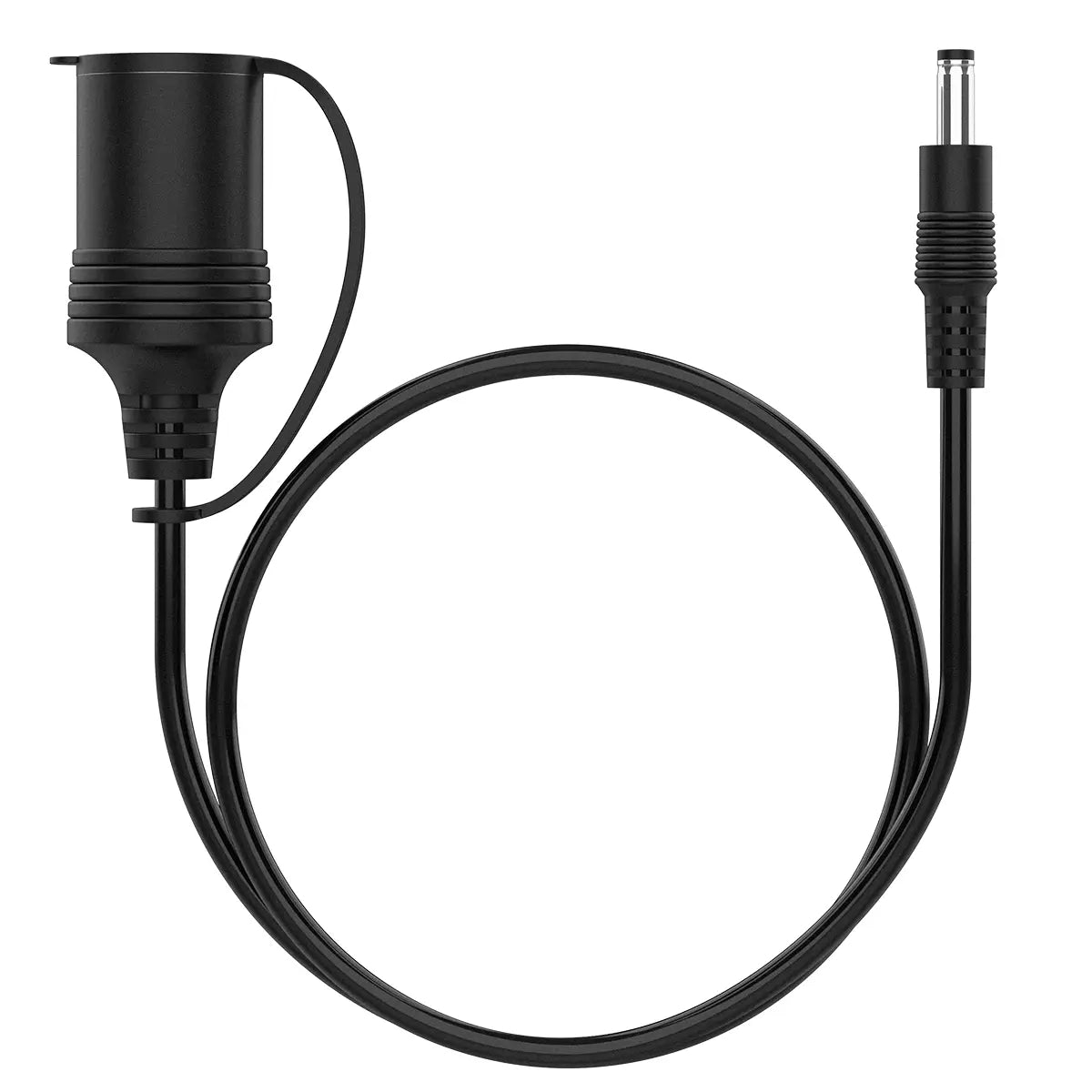
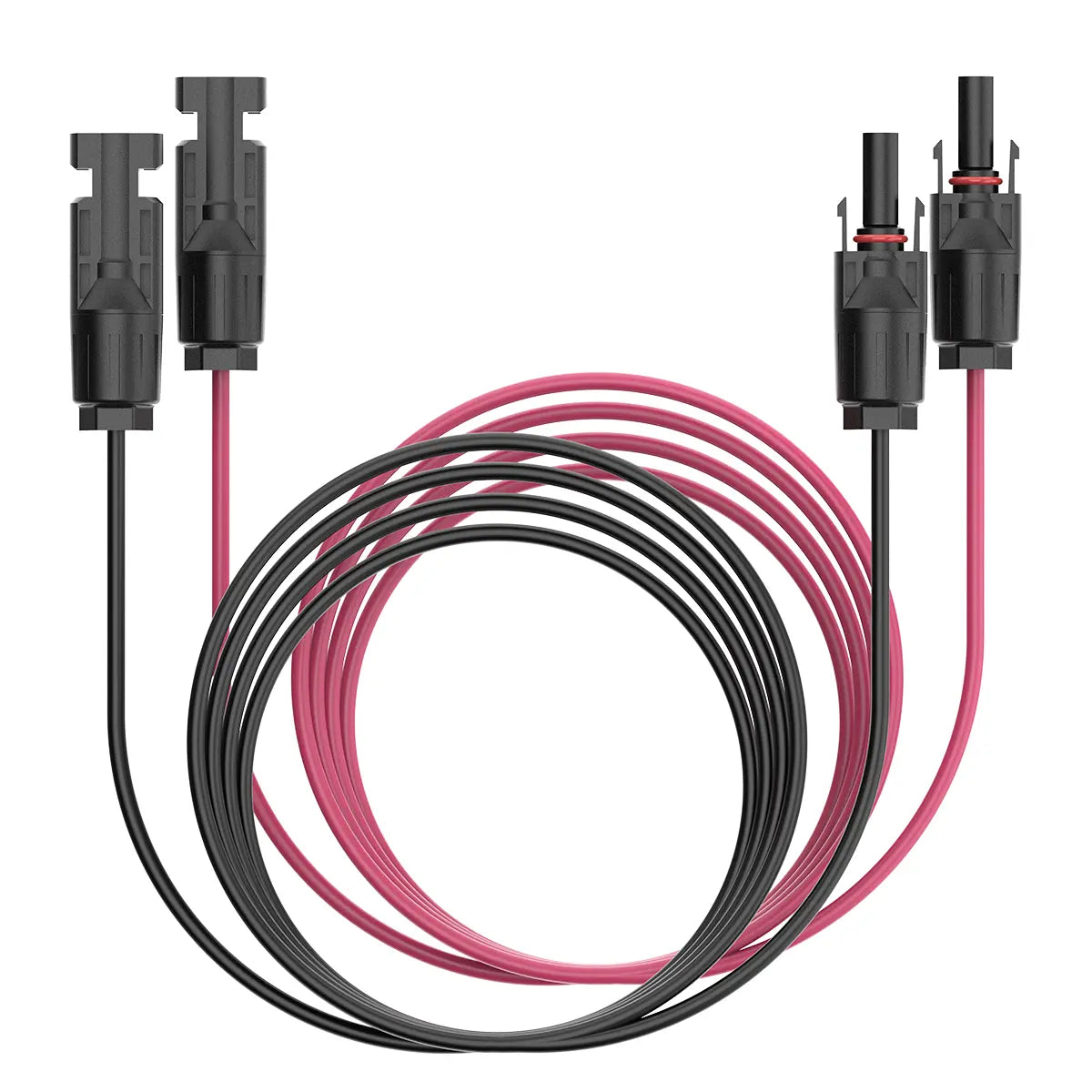
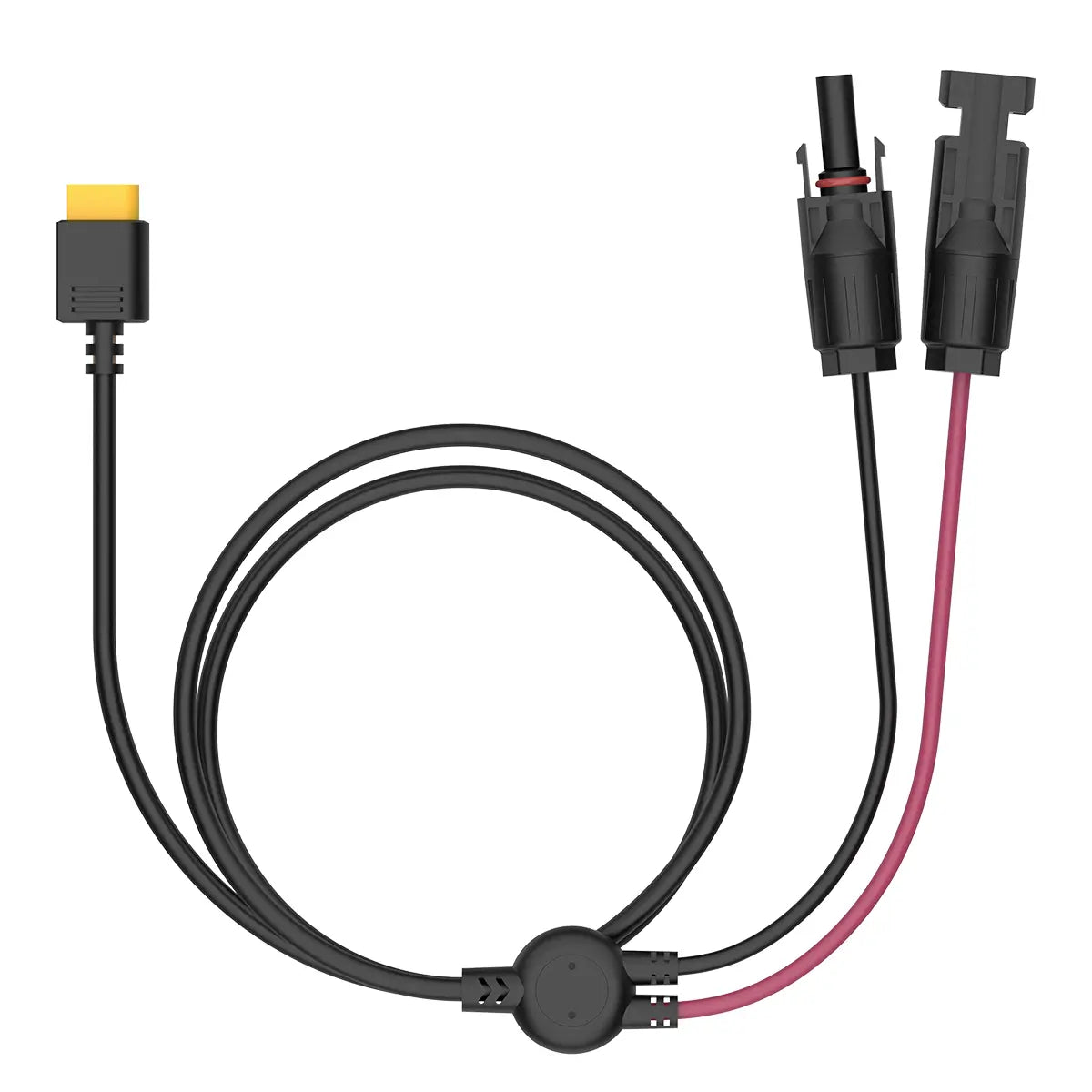
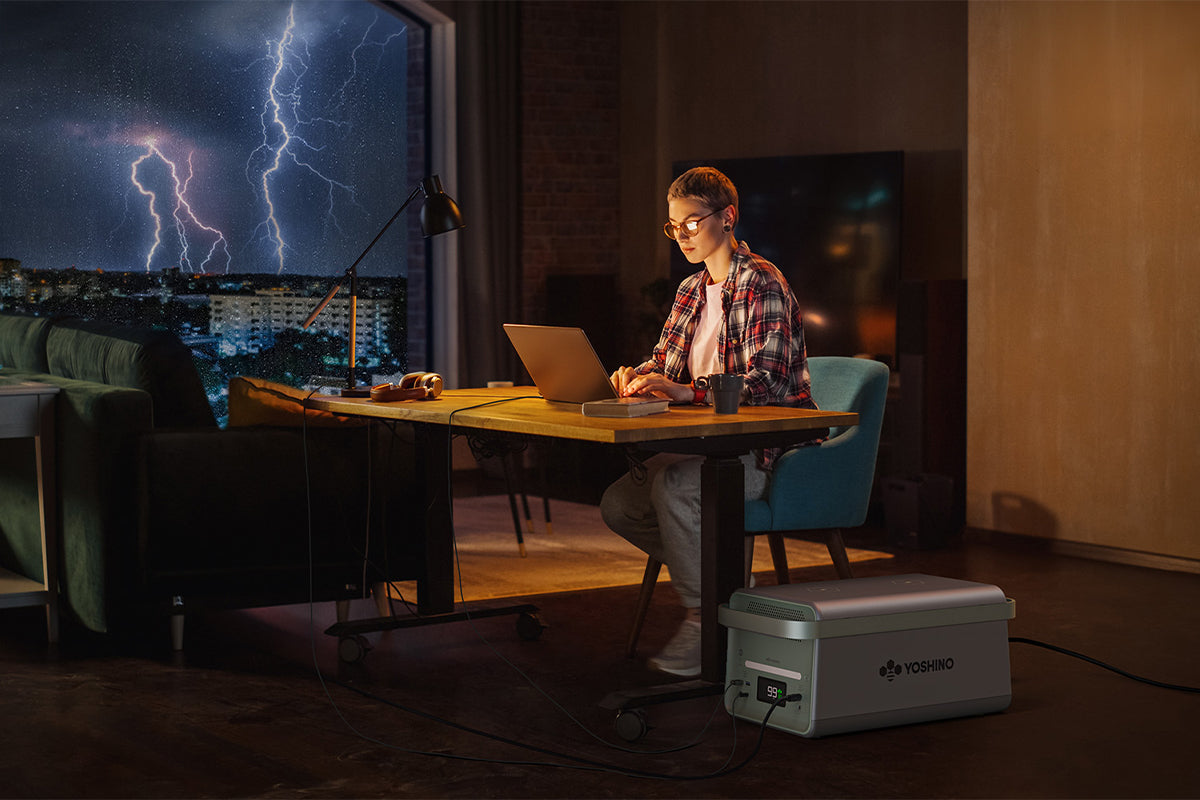
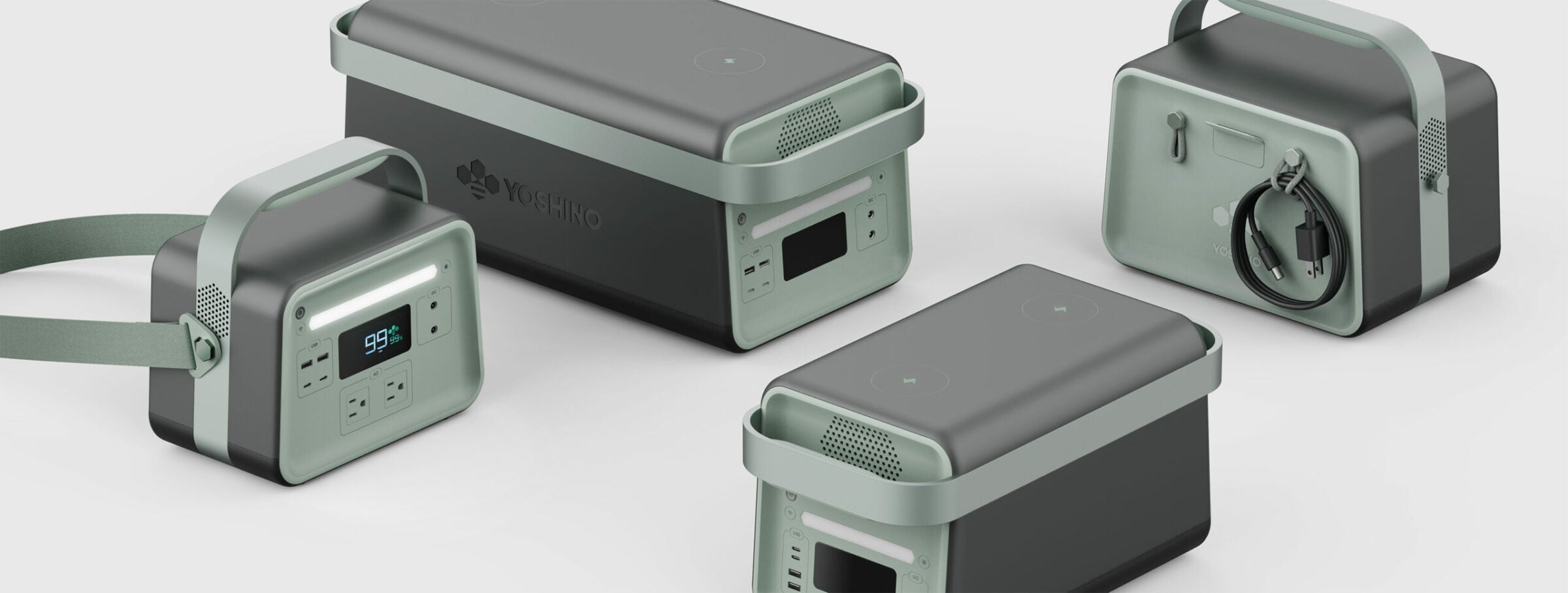

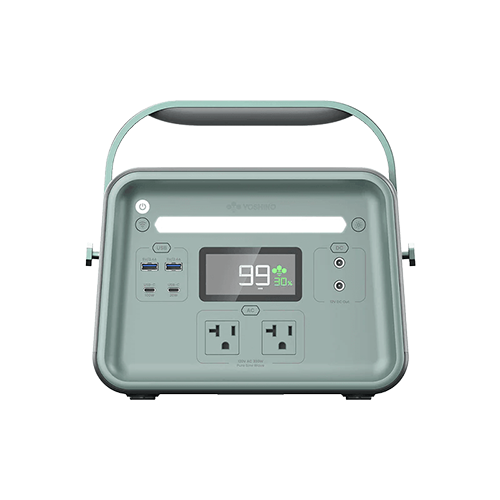
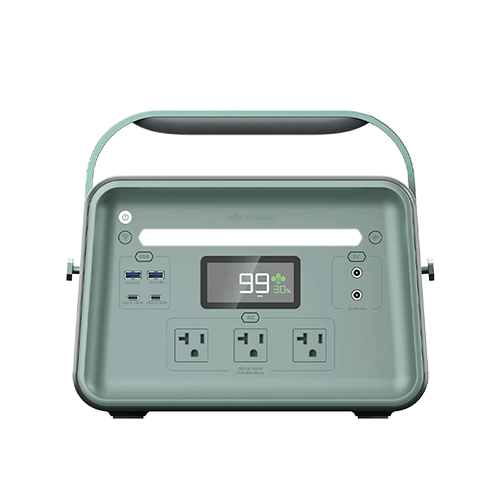
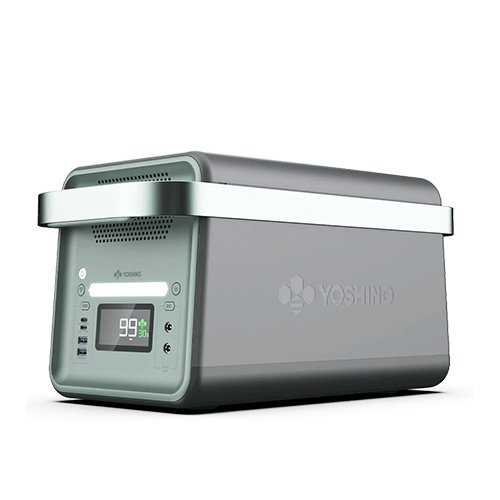
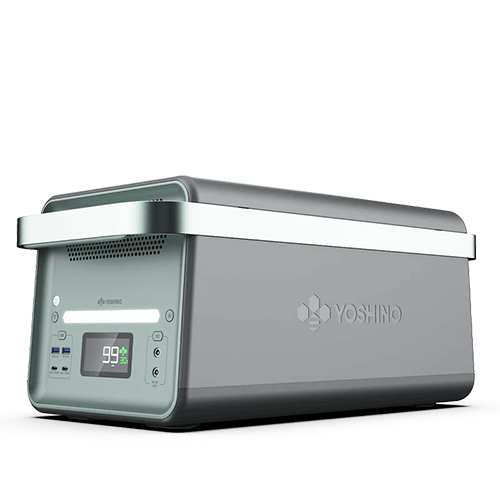
Leave a comment
This site is protected by hCaptcha and the hCaptcha Privacy Policy and Terms of Service apply.